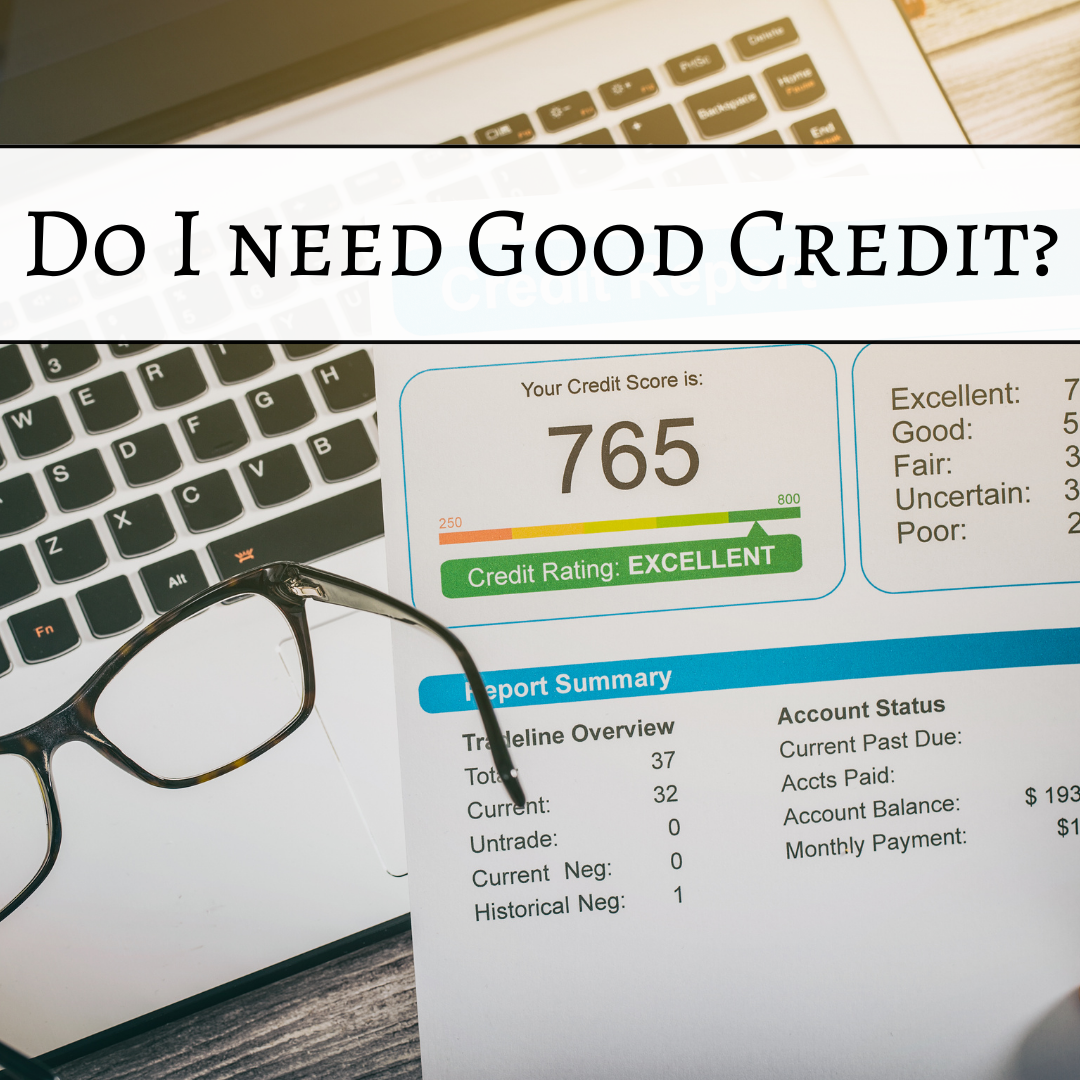
Assessing Your Financial Readiness!
Buying a home is one of the biggest financial decisions many people will make in their lifetime. The first and most important step in this journey is assessing your financial readiness.
It’s tempting to jump straight into browsing listings or attending open houses, but without a clear understanding of your financial situation, the process can become overwhelming and lead to unnecessary stress.
By taking the time to evaluate your finances first, you can set realistic goals, avoid surprises, and increase your chances of success.
Table of Contents
Why is assessing your finances is the essential first step when buying a home?
1. Understanding Your Budget
Before you start looking for a home, you need to determine how much you can afford to spend. This involves more than just considering the price of the house itself.
A mortgage is a long-term commitment, and the monthly payments will include more than just the principal amount. In addition to the loan payment, you’ll need to factor in property taxes, homeowners insurance, utilities, maintenance, and possibly homeowners association (HOA) fees.
One key tool to help you assess your budget is a mortgage calculator, which will allow you to estimate your monthly payment based on the price of the home, your down payment, and your loan term. Understanding how much you can afford to spend will help you avoid wasting time looking at properties outside your financial reach.

Smiley’s Linktree
All listings and links for Smiley

Brandi’s Linktree
All listings and links for Brandi
2. Reviewing Your Credit Score
Your credit score is one of the most important factors lenders will consider when deciding whether to approve you for a mortgage. A higher credit score often leads to better loan terms, including a lower interest rate. Before you start shopping for a home, it’s essential to check your credit score and, if necessary, take steps to improve it.
You can request a free credit report from the three major credit bureaus (Equifax, Experian, and TransUnion) to check for any discrepancies, errors, or areas of improvement. If your score is lower than expected, taking steps such as paying down credit card debt, making on-time payments, and resolving any inaccuracies can improve your credit score before you apply for a mortgage.

Smiley on Facebook
Follow Smiley Sells Real Estate on Facebook

Brandi Edwards. Realtor
Brandi’s Realtor FB Page
3. Saving for a Down Payment and Other Costs
Once you’ve established a budget and reviewed your credit score, the next financial consideration is your down payment. In most cases, lenders require a down payment of at least 3-20% of the home’s purchase price. The larger your down payment, the lower your monthly mortgage payment and the less interest you’ll pay over the life of the loan.
In addition to the down payment, there are other costs to consider, such as closing costs, which can include fees for appraisals, inspections, title searches, and attorney fees. These costs typically range from 2-5% of the home’s purchase price. It’s important to factor in both the down payment and closing costs when calculating how much money you need to save.
4. Determining Your Debt-to-Income (DTI) Ratio
Lenders use your debt-to-income (DTI) ratio to determine how much debt you currently have compared to your income. A lower DTI ratio suggests you’re more financially stable and better able to handle monthly mortgage payments. Most lenders prefer a DTI ratio below 36%, though some may accept higher ratios depending on the loan type and other factors.
To calculate your DTI, add up all your monthly debt payments (including credit card bills, student loans, car payments, etc.) and divide that total by your gross monthly income. If your DTI is high, you may need to focus on paying down some existing debts before applying for a mortgage.

Unsure of your first step to buy or sell?
I’m here to answer all of your questions. Let’s talk about your options!
5. Pre-Approval for a Mortgage
Once you have assessed your financial readiness, the next step is to get pre-approved for a mortgage. A pre-approval letter from a lender will tell you how much you are eligible to borrow based on your credit, income, and financial situation. Having this letter in hand before you start house hunting gives you a clear idea of what you can afford and shows sellers that you’re a serious, qualified buyer.
The pre-approval process typically involves submitting documentation such as tax returns, pay stubs, bank statements, and other financial records. It’s important to note that a pre-approval is not a guarantee of a loan; it’s just an estimate based on the information provided. However, it will give you a much better understanding of your price range and strengthen your position in the eyes of sellers.

smiley sells real Estate
follow our personal pages on FB
Conclusion
The first step to buying a house—assessing your financial readiness—is a crucial foundation for the entire home-buying process. By understanding your budget, reviewing your credit score, saving for a down payment, calculating your debt-to-income ratio, and obtaining mortgage pre-approval, you set yourself up for success. This preparation not only helps you avoid financial strain but also allows you to approach the house-hunting process with confidence. The clearer your financial picture, the easier it will be to find a home that fits your needs and budget, ultimately bringing you closer to homeownership.
Smiley Sells Real Estate
Robert Smiley. Exit Realty Harper Carlton Group.
479-215-6543 | [email protected]
Brandi Edwards. Exit Realty Harper Carlton Group
479-633-2448 | [email protected]
Laura Maxwell. Exit Realty Harper Carlton Group.
479-595-6032 | [email protected]
Josh Terral. Exit Realty Harper Carlton Group
479-422-3313 | [email protected]






